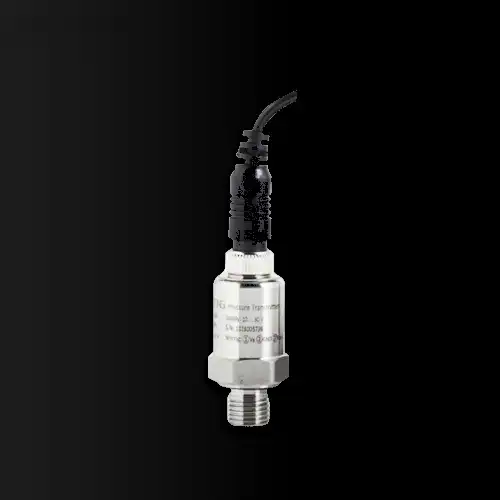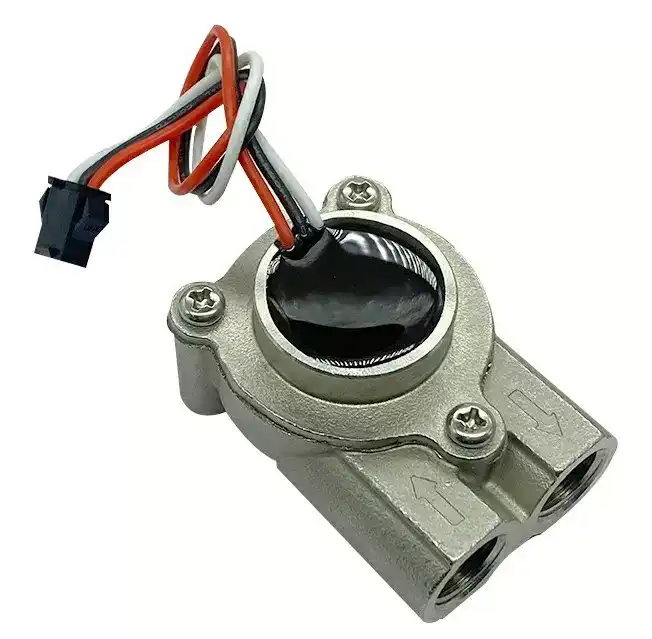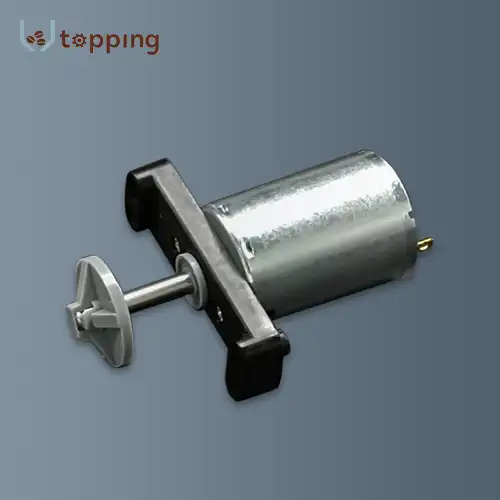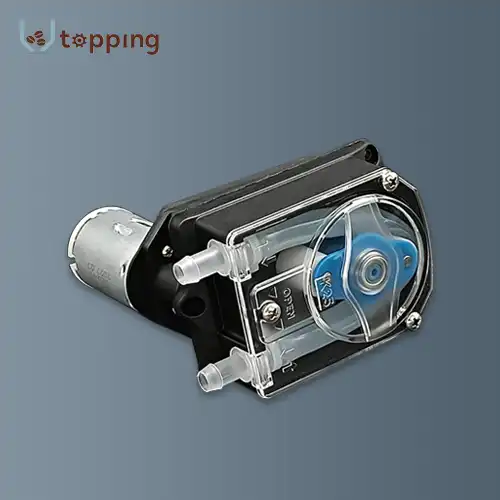What Role Does Boiler Material Play in Coffee Taste?
2024-06-27 16:05:17
The material used in Coffee Machine Boiler is critical as it profoundly affects the taste and quality of the coffee you brew. Various materials, such as stainless steel, aluminum, and copper, each contribute uniquely to the brewing process. Stainless steel boilers are prized for their durability and resistance to corrosion, maintaining coffee purity without imparting any metallic taste. Aluminum, on the other hand, is known for its efficient heat conductivity, ensuring quick heating and energy efficiency. However, aluminum can sometimes react with acidic coffee components, potentially altering the taste.
Copper boilers are valued for their superior heat conductivity and ability to maintain stable temperatures, which can result in more consistent extraction and richer flavors. Moreover, copper has natural antibacterial properties that can contribute to maintaining hygiene in the machine. Choosing the right boiler material involves considering these factors alongside personal preferences and brewing techniques. Whether you prioritize durability, heat retention, or flavor purity, understanding how different materials interact with coffee during brewing can enhance your overall coffee experience significantly. Therefore, selecting the appropriate boiler material is crucial for achieving the desired flavor profile and ensuring consistent, high-quality coffee.
How does boiler material affect water quality and coffee taste?
Coffee Machine Boiler material is instrumental in the coffee brewing process as it directly impacts water quality and the resultant taste of coffee. The selection of materials for boilers involves careful consideration of their unique properties, which affect crucial factors like water temperature stability, heat retention, and their potential interaction with water chemistry.
Stainless steel stands out as a preferred material for boiler construction owing to its exceptional durability and resistance to corrosion. Boilers crafted from stainless steel are renowned for their ability to retain heat effectively and maintain stable temperatures, which are paramount for achieving consistent coffee extraction. Furthermore, stainless steel is inert and does not introduce metallic flavors into the water, thereby preserving the authentic taste profiles of coffee beans.
In contrast, materials such as aluminum and certain types of plastics raise concerns regarding taste preservation. Aluminum, despite being lightweight and cost-efficient, has the potential to alter water chemistry and thereby impact the overall flavor of brewed coffee. Likewise, plastics used in boiler components can release undesirable compounds when exposed to hot water, compromising the taste integrity of the coffee.
Therefore, the choice of boiler material should prioritize the preservation of water purity and the delicate flavors inherent in specialty coffee beans. Manufacturers meticulously select materials based on their compatibility with industry brewing standards and consumer expectations. This ensures that each cup of coffee brewed reflects the intended flavor profile with minimal interference from the brewing equipment, thus enhancing the overall coffee drinking experience for enthusiasts and professionals alike.
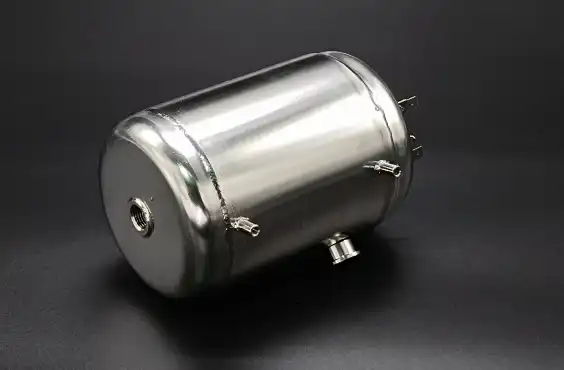
What are the advantages and disadvantages of stainless steel boiler construction?
Stainless steel is highly esteemed in the construction of Coffee Machine Boiler due to its exceptional durability and hygienic characteristics. Its non-porous surface effectively prevents bacterial buildup and simplifies maintenance, catering to the demands of both home users and commercial establishments. Moreover, stainless steel boilers are noted for their resilience, maintaining integrity under intense brewing pressures without warping or diminishing in quality over time.
A significant benefit of stainless steel lies in its inert properties, guaranteeing that brewed coffee retains its natural flavors without any metallic aftertaste or aroma. This purity allows baristas and coffee aficionados alike to fully appreciate and experiment with a diverse spectrum of coffee profiles, undisturbed by any influence from the brewing apparatus. Thus, stainless steel not only ensures longevity and cleanliness in coffee machines but also contributes to enhancing the overall sensory experience of enjoying a finely brewed cup of coffee.
However, stainless steel boilers may have slower heat conductivity compared to other materials, such as copper. This characteristic can affect heat-up times and initial temperature stability, requiring efficient thermal management systems like PID controllers to maintain precise brewing conditions.
Furthermore, the cost of manufacturing stainless steel boilers may be higher compared to alternative materials, impacting the overall pricing of coffee machines. Despite these considerations, the widespread adoption of stainless steel reflects its reliability in delivering consistent and flavorful coffee experiences across diverse settings.
Can copper boilers enhance coffee flavor and brewing performance?
Copper has long been prized in Coffee Machine Boiler construction for its exceptional heat conductivity and ability to regulate temperature swiftly. The thermal conductivity of copper enables rapid heat transfer, ensuring quick heat-up times and precise temperature control during brewing.
In addition to thermal efficiency, copper possesses natural antimicrobial properties that inhibit bacterial growth within the boiler. This attribute contributes to cleaner water quality and reduces the risk of flavor contamination, promoting a purer coffee taste with enhanced clarity and depth.
Moreover, copper's responsiveness to temperature adjustments makes it an ideal choice for baristas seeking precise control over brewing variables. This adaptability allows for fine-tuning of extraction parameters to highlight specific flavor nuances in specialty coffees, whether brewing delicate single origins or crafting complex espresso blends.
Despite these advantages, copper boilers require regular maintenance to prevent oxidation and ensure longevity. Proper care and occasional descaling are essential to preserve copper's performance and uphold brewing standards in professional environments.
The integration of copper in Coffee Machine Boiler design underscores its enduring appeal among coffee enthusiasts who value exceptional taste and brewing precision. Whether in traditional espresso machines or modern specialty coffee equipment, copper's role in enhancing flavor remains a cornerstone of premium coffee experiences.
References
1. CoffeeGeek. (n.d.). Materials Used in Espresso Machines. Retrieved from [CoffeeGeek](https://coffeegeek.com/guides/types/espresso/materials_used)
2. Whole Latte Love. (2023). Stainless Steel vs. Copper Boilers: Choosing the Right Material. Retrieved from [Whole Latte Love](https://www.wholelattelove.com/blog/stainless-steel-vs-copper-boilers-choosing-the-right-material)
3. Perfect Daily Grind. (2021). Impact of Boiler Material on Coffee Taste. Retrieved from [Perfect Daily Grind](https://perfectdailygrind.com/)
4. Home-Barista. (2022). Understanding Stainless Steel Boilers in Coffee Machines. Retrieved from [Home-Barista](https://www.home-barista.com/guides/understanding-stainless-steel-boilers-in-coffee-machines/)
5. Seattle Coffee Gear. (2022). The Science Behind Copper Boilers in Espresso Machines. Retrieved from [Seattle Coffee Gear](https://www.seattlecoffeegear.com/blog/the-science-behind-copper-boilers-in-espresso-machines)
6. Barista Hustle. (2020). Importance of Material Choice in Coffee Equipment. Retrieved from [Barista Hustle](https://www.baristahustle.com/blog/importance-of-material-choice-in-coffee-equipment)
Send Inquiry
Related Industry Knowledge
- How to choose the right operating system for Control Board For Vending Machine?
- Inside a Vending: What are the Different Parts of a Machine?
- What Role Does Boiler Material Play in Coffee Taste?
- How Often Should You Replace Coffee Vending Machine Spare Parts?
- How stable is Control Board For Vending Machine over different temperature and voltage ranges?
- What Are the Key Components of a Coffee Vending Machine Dispensing System?
- How Much Torque Is Needed for a Coffee Grinder?
- What is the coffee capacity of the coffee brewing Unit?
- Can I grind coffee beans without a grinder?
- What is a mini PCIe used for

.webp)
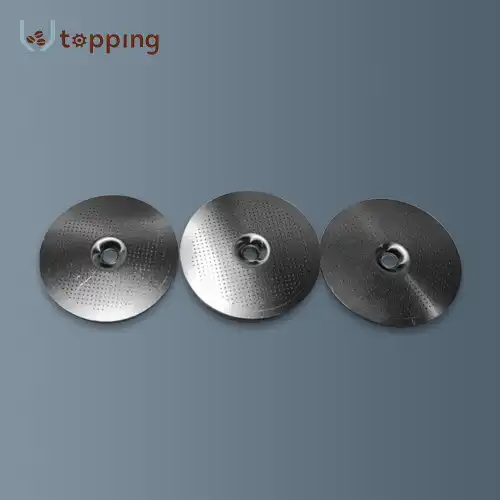
.webp)

